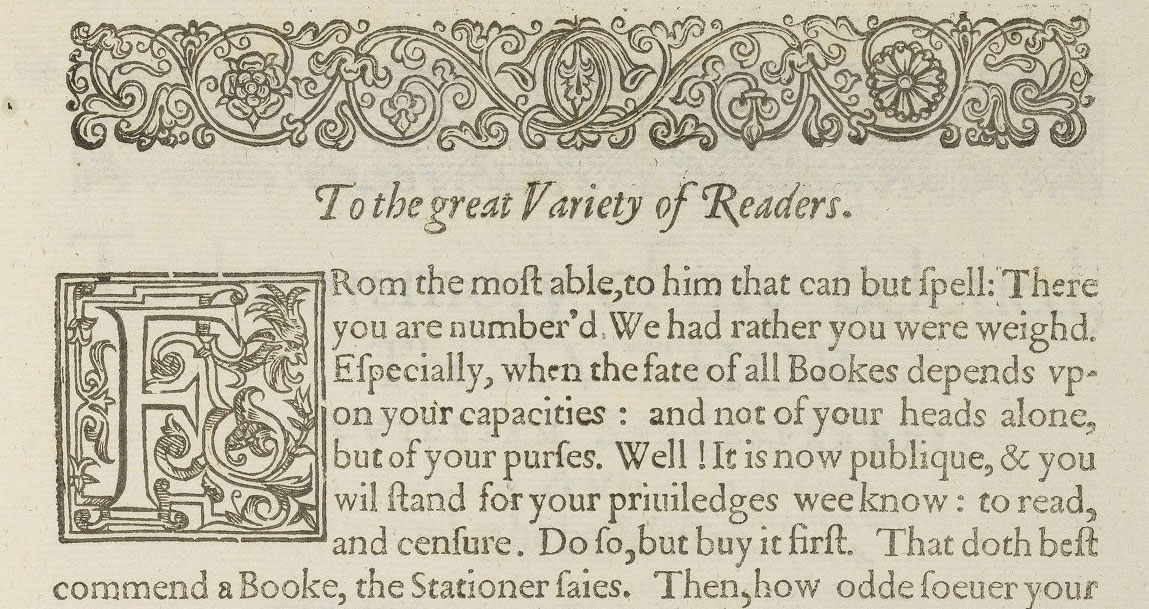Old Words

I like historical novels – I’ve even written one or two. When you write a story set in the past, you have a fundamental choice to make about language. Do you try to write as people really spoke at the time your novel is set – or do you ignore the setting and write conversations as if they took place yesterday? Either way can work well.
I’ve just finished reading a book set in the seventeenth century. I’m not going to tell you what it was, because it is by no means the only example of the problem. It’s an issue that crops up, not just in books, but in films and television drama; on the stage… everywhere. And that is, writers using language that is now archaic without understanding how it works – or even what it means, sometimes. You find thou and thee sprinkled indiscriminately, a bit like salt or pepper, through a text. I saw a headline recently “Pick up thou hat.” or some such. Of course, it should be “thy”.
So let’s set this out: “Thou” is the singular form of “you”. Also, it’s only used with people you know well – friends or family (unless you’re a Quaker, when you call everyone “thou”). So it’s insulting to call somebody “thou” when you don’t know them well, because you are not respecting them. Only if you are of a higher social standing can you get away with it. It’s exactly the same as the Du form in German. “Thee” is the accusative form: I’m telling thee. And thy is the possessive. Thy dress (also thine, as a match to mine). For example: indeed, thou hast mislaid thy marbles and misery shall come to thee.
I noticed a confusion between may and might in the seventeenth century context, too. A curse will always be “may your chickens whither and die” not “might” they. A surprising amount of language has actually not changed very much. Don’t put in old words to dress it up when they don’t fit.
Another one I noticed in "Bridgerton", and other places recently: the complete misuse of shall. While shall can indeed usually be replaced with will, the opposite is not the case. And shall is most certainly not simply an archaic form of will. It is a difficult one to explain, but it’s quite clear if you know what it should be.
And that is probably the answer to the whole problem. Most of the writers who produce this mistaken language have almost certainly read very little genuine language written in the seventeenth century, or eighteenth or nineteenth centuries. I am pretty sure that most of these writers are just copying each other, and learning from films, television, and equally miswritten books.
So there’s a simple answer, really. If you want your writing to sound convincingly like something Jane Austen might have written – or read – then read her books and those she could have read. Don’t read “Bridgerton”, read Fanny Burney’s “Cecilia“, a book that was so popular, and so enjoyed by the then queen that she invited the writer to become a lady in waiting – and from which Jane Austen took her title, “Pride and Prejudice”.
Or write in modern language. That can work, too.
The picture shows part of the introduction to the so-called First Folio edition of Shakespeare's plays. Note the form of the lower-case "s", shich is not an "f".
